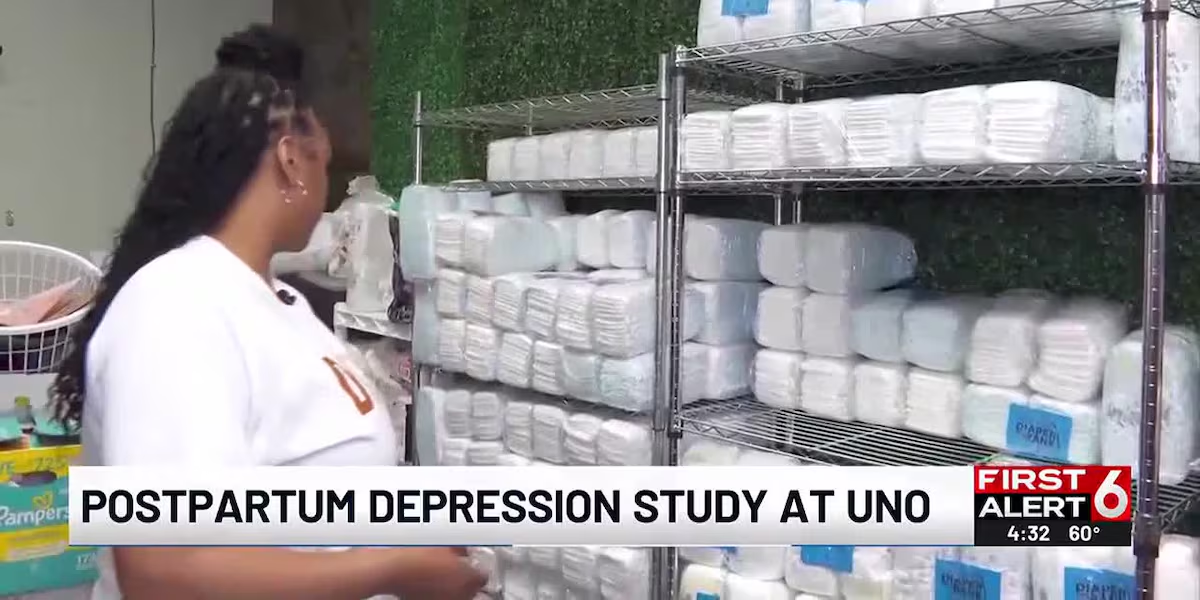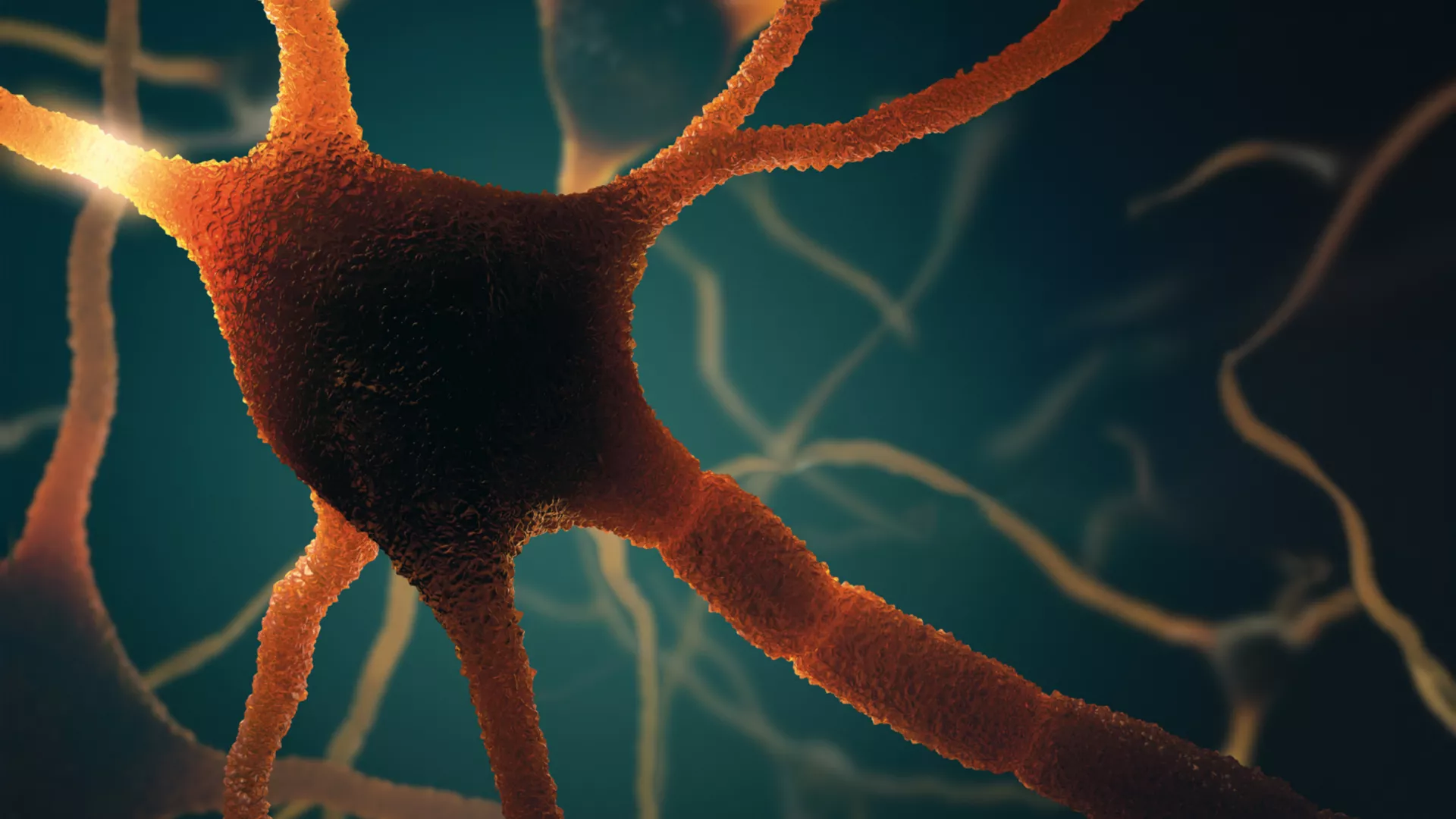Receiving a new baby is often one of life’s happiest moments, but many parents struggle with the emotional aftermath. Postpartum depression can affect mothers long after childbirth, with symptoms sometimes lasting for years. A research initiative at the University of Nebraska Omaha is focusing on preventative measures to assist those facing this challenge.
According to the Mayo Clinic, many new mothers experience ‘Baby Blues’ within two to three days post-delivery. However, for some mothers like Artnetta Stearns, these feelings persist much longer. Stearns states, ‘Postpartum depression is not just a couple of weeks after having a baby. It can extend well into the child’s early years, even until they are three or four.’ This prolonged depression can hinder a parent’s ability to care for their child and manage daily responsibilities. In severe instances, it may lead to anxiety or suicidal thoughts.
Stearns, now a licensed doula, aims to support mothers experiencing similar challenges. Having completed a 10-week program at the University of Nebraska Medical Center through I Be Black Girl’s doula training, she is prepared to offer guidance during labor and postpartum. ‘Many new mothers have questions and feel lost about their experiences,’ Stearns explains. ‘I want to provide the support I wished I had.’
A feasibility study at UNO is examining how doulas can enhance communication and support for mothers dealing with postpartum depression. Kailey Snyder, an Assistant Professor in the School of Health & Kinesiology, highlights that the ROSE program has successfully reduced postpartum depression rates by 50%, but access to such programs remains limited. Currently, doulas from organizations like the Omaha Better Birth Project and A Mother’s Love, including Stearns, have undergone training to provide this vital support.
Stearns reassures mothers that feeling overwhelmed is normal, stating, ‘It’s okay not to feel okay.’ The organization A Mother’s Love is also launching a doula training program to increase support availability for families. Meanwhile, they provide essential services, including clothing, diapers, and emotional support, to families in need.
By utilizing trained doulas, Omaha is taking steps to bridge the gap in support for mothers facing postpartum depression, ensuring they receive the care and assistance necessary during this challenging time.



